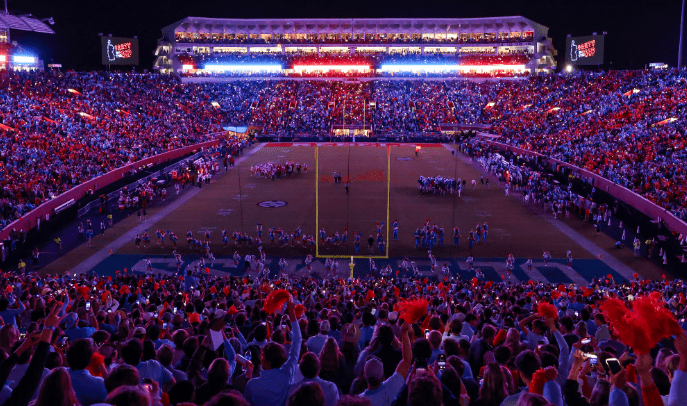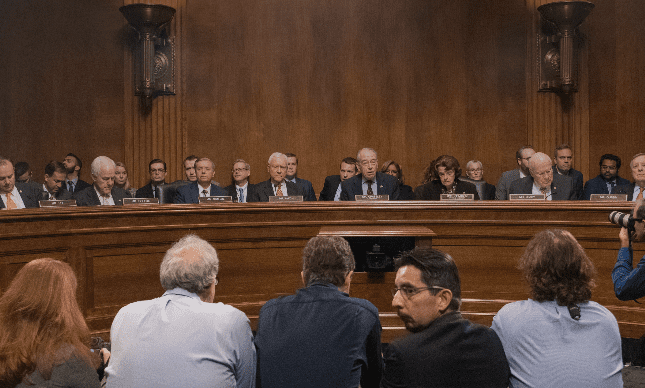
(Photo from OleMissFB on X)
- The national debate over compensating student-athletes and whether they should be considered university employees will be among the topics up for discussion.
Since the acceptance and implementation of NIL, allowing for student-athletes to be compensated for use of their Name, Image, and Likeness, and the expanded use of the transfer portal, college athletics has significantly changed.
Now, a recent ruling from the National Labor Relations Board has essentially deemed Dartmouth College student-athletes as employees of the university, giving them right to unionize. A number of lawsuits are also pending in various courts across the country seeking to determine whether student-athletes are employees and whether the NCAA amateurism rules violate antitrust law.
These factors combined has raised the tenor in college athletics to a point where schools, their donors and their fanbases are left wondering what is next.
A discussion into this ongoing national conversation is coming to Ole Miss. Three sports law experts – David A. Grenardo (professor of law at the University of St. Thomas), Paul H. Haagen (professor of law at Duke University) and John T. Wolohan (professor in the Falk College of Sport and Human Dynamics at Syracuse University) – will discuss emerging issues in sports law, particularly those surrounding student-athletes.
The event is scheduled for March 1 in Weems Auditorium at the University of Mississippi School of Law’s 14th annual Mississippi Sports Law Review Symposium. It is free and open to the public.
William Berry, associate dean for research and Montague Professor of Law at Ole Miss, said in a statement that college sports is really in flux.
“While there is quite a lot happening in the world of sports, we are facing generation-changing issues in college athletics,” Berry said.
According to Professor Wolohan, should student-athletes be treated as university employees, students will need to be paid at least minimum wage and overtime.
“Students can negotiate working conditions, practice time, out-of-season practices and other benefits,” Wolohan said.
Berry noted the potential unintended consequences of these new benefits, which could be detrimental to both students and the universities.
“Nonrevenue sports hinge on the way we handle this issue,” Berry said. “If colleges can’t afford to pay student-athletes, that could end up relegating nonrevenue sports like tennis, soccer, golf, even baseball to club sports.”
The further commercialization of college sports could ultimately lead to the death of many well-loved traditions – with trends like players skipping bowl games or the end of the once-loved Pac-12, Berry said.
“That’s what we’ll be talking about [at the Symposium],” he said. “It’s not just one issue; it’s the future of college sports.”











